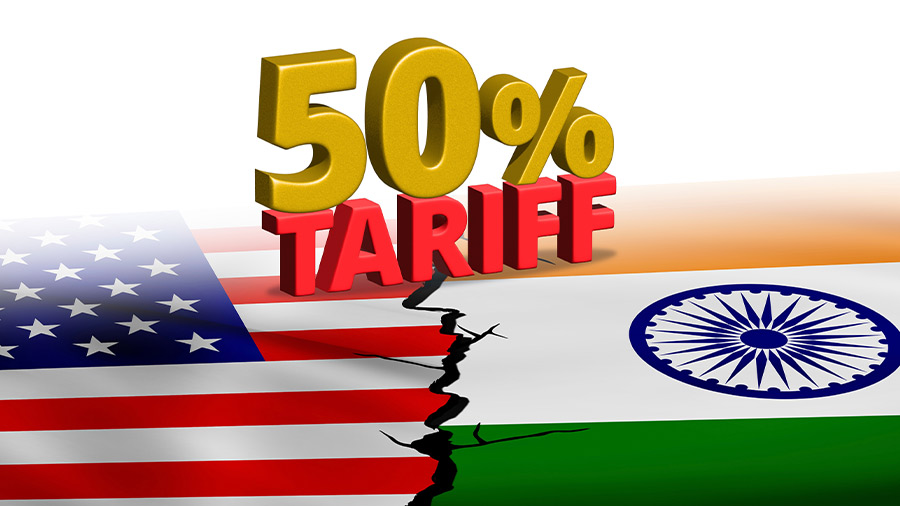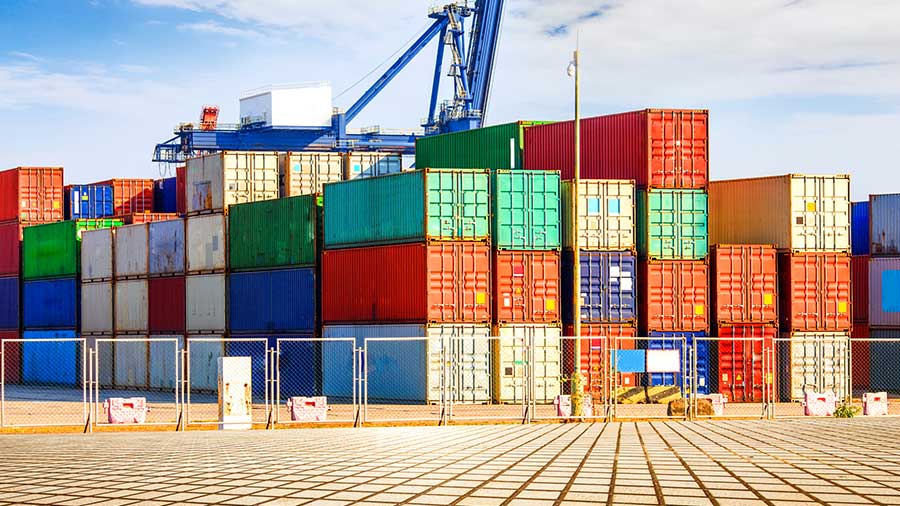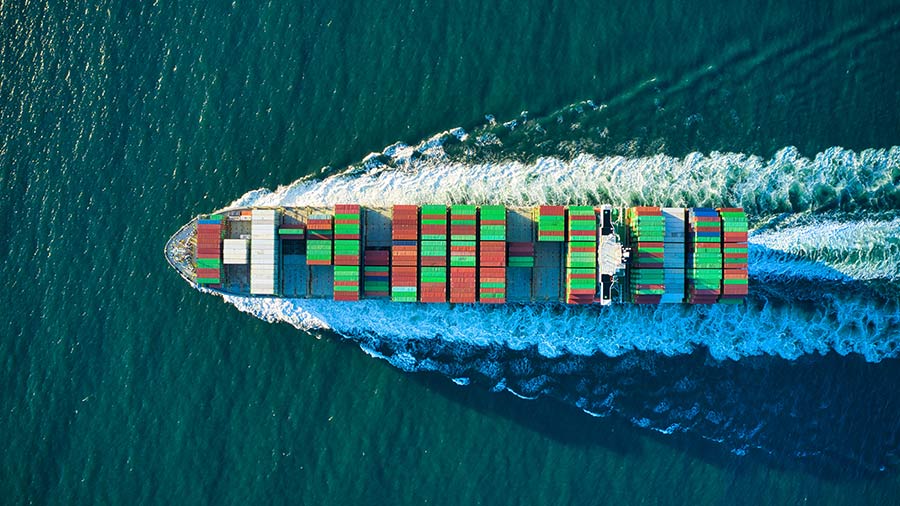-
Other Briefings
- Subscribe
Avoiding Origin Violations: How Foreign Businesses in China Can Legally Route Goods Through ASEAN and Beyond
To avoid origin violations, foreign businesses sourcing from China can legally route goods through ASEAN by ensuring substantial transformation, accurate origin labeling, and thorough documentation.
Transshipment and Origin Risks: How Vietnam-Based Businesses Can Stay Compliant
The US intensifies scrutiny of transshipment via Vietnam, imposing steep tariffs and driving stricter origin compliance in 2025.
How Are Tariffs Impacting Chinese Exports to the US?
Chinese exports to the US have dropped significantly in 2025 as Trump's tariffs begin to bite. We examine the latest trade data and discuss the possible trajectory of US-China trade.
Rare Earth Elements: Understanding China’s Dominance in Global Supply Chains
China accounts for the vast majority of the world's production and processing of rare earth elements, giving it vital leverage in trade negotiations. We explore China's leading position in the sector and discuss how companies can navigate supply chain risks.
Indian Exporters Face 50% US Tariff Rate Effective August 27, 2025
From August 27, 2025, Indian exporters will be subject to tariffs of up to 50 percent on shipments to the US. In addition, the US has withdrawn duty-free concessions on low-value imports, further increasing the compliance burden on exporters.
The Impact of Tariffs on Vietnamese Exports: US-Vietnam Trade Relations Under Trump 2.0
Trump’s tariffs could heavily impact Vietnamese exporters because of the large US trade surplus and previous accusations. However, Vietnam may lessen this impact with the right approach.
Customs Tariffs, Import-Export Taxes and Exemptions in Kuwait: A Complete Guide
We look at Kuwait tariff structure, import and export procedures, required documents, and enforcement practices to aid business expansion.
Vietnam-US Trade Negotiations Continue Post-Tariff Announcement
Vietnam is intensifying trade talks with the US following new tariffs, aiming for a favorable trade deal, recognition as a market economy, and deeper cooperation in technology, energy, and exports.
US Tariff Tracker: Strategic Implications for India's US$48.2 Billion Exports
The US has enforced a 25% reciprocal tariff on Indian goods from August 7, 2025, with an additional 25% scheduled for August 27. As per central government estimates, this could affect nearly US$48.2 billion worth of India’s merchandise exports to the US.
US-China Tariff Truce Extended Another 90 Days: Implications for Businesses
On August 11, 2025, the US–China tariff truce was extended for another 90 days, halting planned tariff hikes and providing businesses short-term stability.
August 12 Deadline: Will Trump Extend the US-China Tariff Truce or Let Rates Spike?
With just one day to go until the 90-day tariff pause expires, Trump has yet to decide on an extension. As businesses brace for impact, we discuss the possible outcomes and the issues stymying a lasting agreement.
India’s Textile Exporters See Opportunity Amid US Tariff Challenges
India’s textile exporters regard the US tariff as a catalyst to diversify export markets. With strategic policy support, domestic traders seek to mitigate US market exposure by leveraging emerging economies and new trade agreements.

DEZAN SHIRA & ASSOCIATES
Meet the firm behind our content. Visit their website to see how their services can help your business succeed.
About Us Find an AdvisorWant the Latest Sent to Your Inbox?
Subscribing grants you this, plus free access to our articles and magazines.
SUBSCRIBEGet free access to our subscriptions and publications
Subscribe to receive weekly India Briefing news updates, our latest doing business publications, and access to our Asia archives.
Sign Up Now













